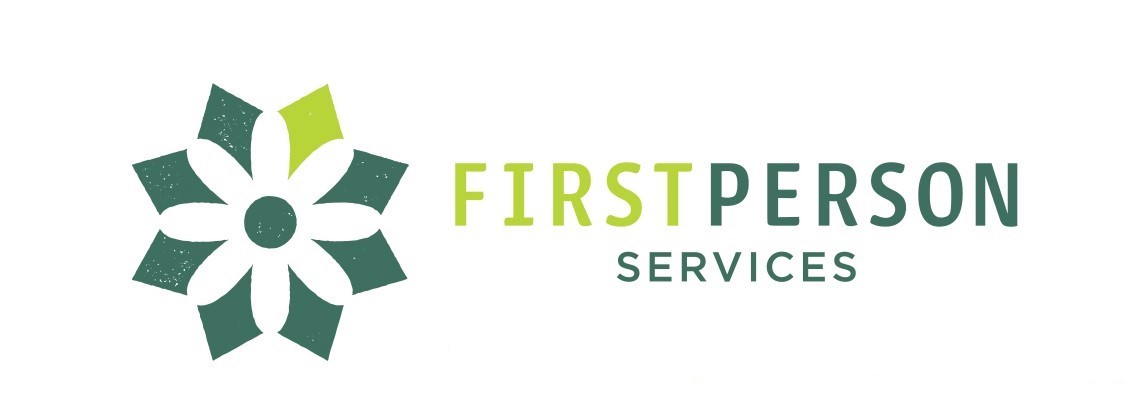Supported Decision Making: From Justice for Jenny to Justice for All!
Jonathan Martinis and Peter Blanck tells the story of Jenny Hatch, including how she lost her rights under guardianship and won them back when she showed the court that she uses Supported Decision-Making (SDM) to make her own decisions with help from people she trusts. They’ll also show you how you can use SDM in your life, with family members, or people you support. They’ll give you practical tips and model language to help you request, receive, and use SDM in the programs and life areas people with disabilities use every day, including Special Education, Vocational Rehabilitation, Person Centered Planning, Health Care, Money Management, and others. As you read this book, you’ll learn that SDM is for almost everyone and almost everyone can use SDM. The authors hope that people with disabilities and their families, friends, and professionals will use this book to help them develop customized SDM plans that protect their rights and empower them to make their own decisions.
You can email John: somethingelsejm@gmail.com
Click Here to Order the Book on Amazon
National Resource Center for Supported Decision-Making
The National Resource Center for Supported Decision-Making (NRC-SDM) builds on and extends the work of Quality Trust’s Jenny Hatch Justice Project by bringing together vast and varied partners to ensure that input is obtained from all relevant stakeholder groups including older adults, people with intellectual and developmental disabilities (I/DD), family members, advocates, professionals and providers. The NRC-SDM partners bring nationally recognized expertise and leadership on SDM, representing the interests of and receiving input from thousands of older adults and people with I/DD. They have applied SDM in groundbreaking legal cases, developed evidence-based outcome measures, successfully advocated for changes in law, policy and practice to increase self-determination and demonstrated SDM to be a valid, less-restrictive alternative to guardianship.
Learn More About the National Resource Center for Supported Decision-Making


